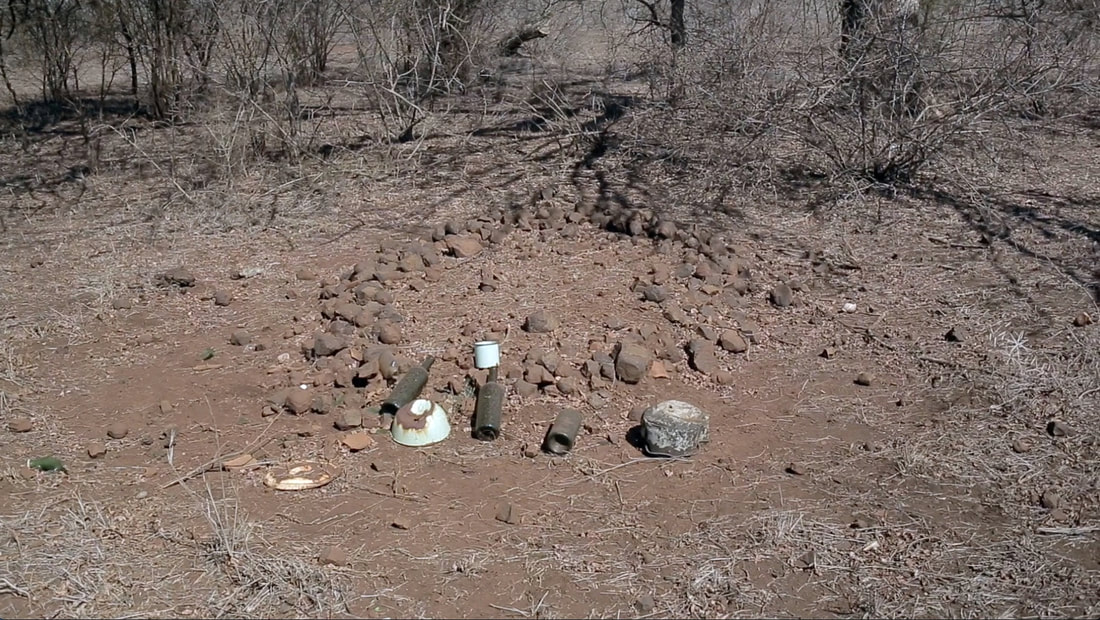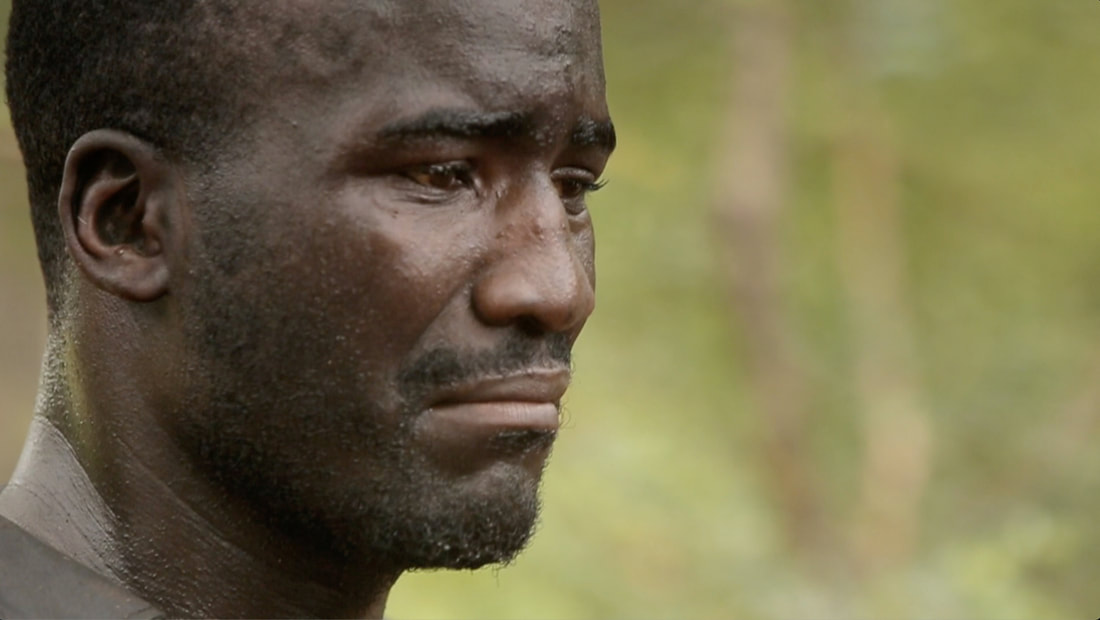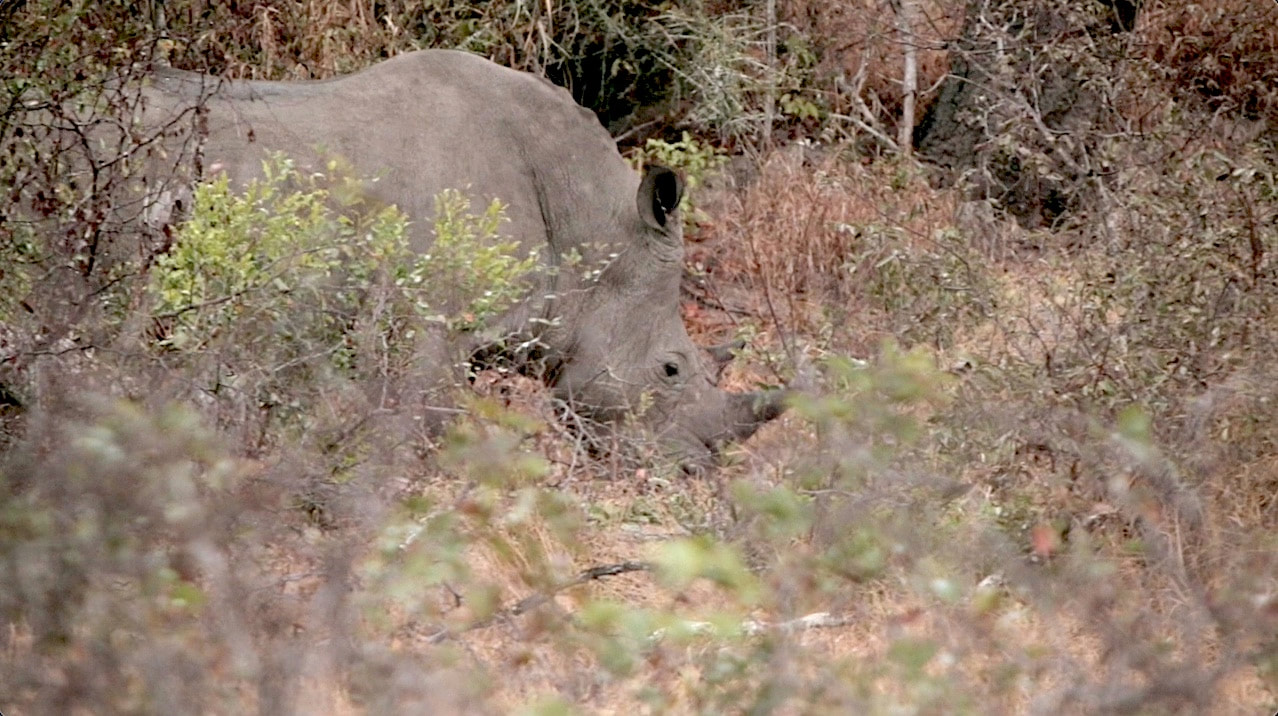Is killing people the answer What are the devastating consequences to conservation when an anti-poaching ranger or rhino poachers is killed? In this interview, Matt Bracken chats with Ferdie Terblanche, a Game Park Ranger, about the sadness and devastation that death brings to a family when unnecessary conflict is happening within conservation for communities and game ranger families. Matt Bracken explains the devastating consequences that killing rhino poachers has on wildlife conservation. Interviewed by Rohan Nel in Hoedspruit, South Africa in 2016. “What happened yesterday, one of the community members came up to me and told me how he was looking at that young man, that was killed, buried and at the same time looking at the parents and how sad the whole situation was.” Ferdie Terblanche, Game Park Ranger. You have parents who are grieving, parents whose lives are shattered. As their son is dead, you have the kids of that young man, who now have no father, and also you have that young 20-year-old anti-poaching ranger who now can't sleep at night because he's killed a human being and it weighs heavy on the soul. It's not war; it's a very messed up thing, so shooting a poacher is the worst thing that can happen. You have a ranger now who is scarred for life, you have a dead poacher whose family is grieving for life, and you have fatherless children. Killing poachers is not the answer. Shooting poachers is not working, not working at all. One does not realize what the effect is on the other side of a conflict situation. At first you were just thinking of the rhino and wanting to protect it, and now you suddenly think of the rhino, the person that's killing the rhino, and the person protecting the rhino, and what they must be going through or facing when a death occurs on either side of the conflict situation. Comments are closed.
|
Categories
All
Archives
October 2023
|



